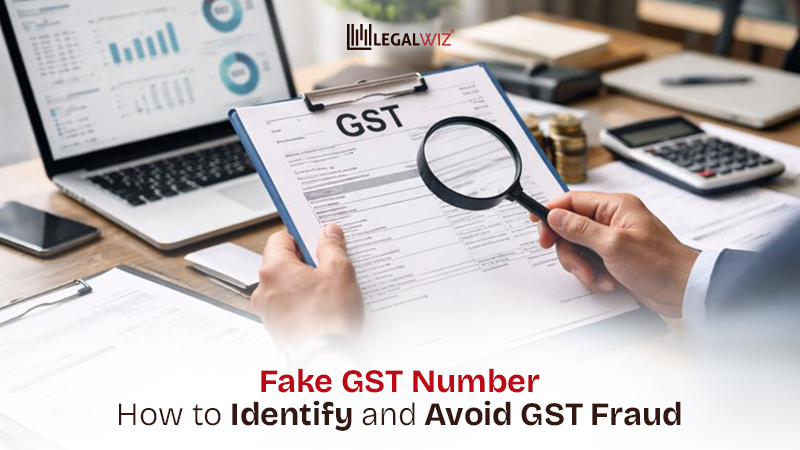Things to consider before buying a property from NRI in India
A buyer in India may purchase a property located in India from an NRI (Non- Resident Indian). It looks easy as an ordinary buy or sell transaction, but it is not so. Both – the buyer as well as the NRI seller need to be very cautious regarding the legal implications while undergoing this transaction, otherwise, it may lead to financial loss.
While purchasing a property from NRI, Section 195 of the Income Tax Act, 1961 becomes applicable which covers TDS on sale of property by NRI.
Section 195: Any person responsible for paying to a non-resident, not being a company, or to a foreign company, any interest (not being interest referred to in section 194LB or Section 194LC) or section 194LD or any other sum chargeable under the provisions of this Act (not being income chargeable under the head “Salaries”) shall, at the time of credit of such income to the account of the payee or at the time of payment thereof in cash or by the issue of a cheque or draft or by any other mode, whichever is earlier, deduct income-tax thereon at the rates in force.
As per Section 195, a buyer purchasing a property from NRI is liable to deduct TDS (Tax deducted at source) on the amount of total value of sale consideration, before making any payment to the NRI.
Also, since property sold by NRI is a capital asset in India, capital gains tax has to be paid by the NRI. The capital gain tax shall depend on whether the asset is short term capital asset or long term capital asset. Short term capital asset is a capital asset held for a period of fewer than 2 years while long term capital asset is a capital asset held for a period of more than 2 years. The tax rates differ accordingly.
When the property sold is a short term capital asset, the tax shall be levied on the short term capital gain tax at the normal slab rates applicable. When the property sold is a long term capital asset, the tax shall be levied on the long term capital gain tax at the rate of 20%. [Surcharge (if any) and health & education cess are levied on and above the tax calculated]. Seller may also take the benefit of exemptions available under the head “Capital gains” after fulfilling the required conditions, in order to reduce the amount of capital gain.
Long term capital gain= Sale consideration – [Indexed cost of acquisition + Indexed cost of improvement]
Short term capital gain= Sale consideration – [Cost of acquisition + Cost of improvement].
So, basically 2 things are involved in the process of purchasing a property from NRI:
- Buyer deducts TDS on the sale value, at the time of purchase and before making the payment to NRI seller.
- The seller becomes liable to pay Capital gains tax on the amount of capital gain.
Read Also: What is Income-Tax Refund? And How to Claim It?
Let’s understand the whole process with the help of an example:
Mr.A (buyer) purchases a property that is located in India from NRI Mr.B (Seller) for ₹5 crores. Mr.A has to deduct TDS on the whole amount of ₹5 crores before payment to Mr.B. Suppose the property is a long term capital asset and thus there will be long- term capital gain on the sale. Assuming the indexed cost of acquisition + cost of improvement comes out to ₹4 crores. Hence, the long term capital gain amounts to ₹1 crore. Mr.B has to pay 20% capital gains tax on ₹1 crore.
Capital gain tax to be paid by NRI (Mr.B)= 20% * 1 crore= ₹20 lakhs
TDS to be deducted by Buyer (Mr.A)= 20% * 5 crore= ₹1 crore
Excess tax deducted= 1 crore – 20 lakhs= ₹80 lakhs [Add surcharge and Health & Education Cess, as applicable].
So, we can see that the tax deducted by the buyer is more as compared to the tax required to be paid by NRI. To deal with this situation, there are 2 ways-
- Refund in the Income-tax return filing: Claim ₹80 lakhs as Refund while filing the Income-tax return after the end of Financial year. But, the problem here is that the amount of ₹80 lakhs gets blocked till the refund is issued. It may take a few months to get this amount back into the account.
- Certificate for lower deduction of tax under Section 197: Make an application to the Income-tax department in the prescribed form for the certificate of lower deduction of tax, showing the precise calculation of the tax liability along with supporting documents. The income tax department will then instruct the buyer to deduct tax at a lower rate so that the amount deducted equals the actual tax liability. After the end of Financial year, file your Income-tax return. It saves your money from getting blocked.
A mistake many buyers make while purchasing a property from NRI: Buyers deduct tax at the rate of 1% as prescribed under Section 194-IA which is about TDS on sale of property by a Resident. 1% TDS deduction is not applicable to Non-Residents. For Non-residents, the rate of tax is 20%.
Read Also: The Difference between TDS and TCS
Important steps to be taken by Buyer and NRI Seller to avoid any kind of fraud or heavy penalties in the future:
- Both of them should enter into a proper written agreement (comprising of the terms, conditions and understanding) before initiating purchase and sale.
- Hire professional experts to carry out the proceedings as per law and not rely on real estate agents as they are not always aware of the legal and tax implications.
- A buyer should obtain TAN (Tax deduction and collection account number) to deduct TDS.
- A buyer should deduct TDS, deposit it to the Government, file TDS return in Form 27Q and issue Form 16A on or before the due dates specified. Failure in any of these steps shall lead to heavy penalties.
- For availing lower deduction of tax, NRI Seller should apply for the certificate before the agreement to sell.
- NRI Seller should make sure that a registered sale deed is made and capital gains tax is paid accordingly.
- Sometimes, it happens that the NRI seller doesn’t carry out the sale transaction himself/ herself because he/ she is not available in India and asks someone present in India to carry out the transaction on his/ her behalf by giving Power of Attorney to that person. Make sure that the Power of Attorney is specific to the purpose of sale only and it’s not a general power of attorney. Also clearly mention the names of both the parties in it, so that it can’t be misused at any time.
Conclusion: Purchasing property from NRI involves a lot of legal and tax formalities, so buyer should take care of TDS provisions while the seller should focus on complying with tax obligations and registered documents to prove the source of income in case of any problem. In the case of tax evasion, income tax authorities have the power to cease the bank accounts also.

CA Saba Naaz
CA in practice, Partner at S. Saraf & Associates, Gurugram, also a blogger at indiantaxhub.blogspot.com. I am passionate about sharing knowledge by writing articles for students and professionals both. I deal in income tax, GST, corporate compliances, audit and accountancy.







